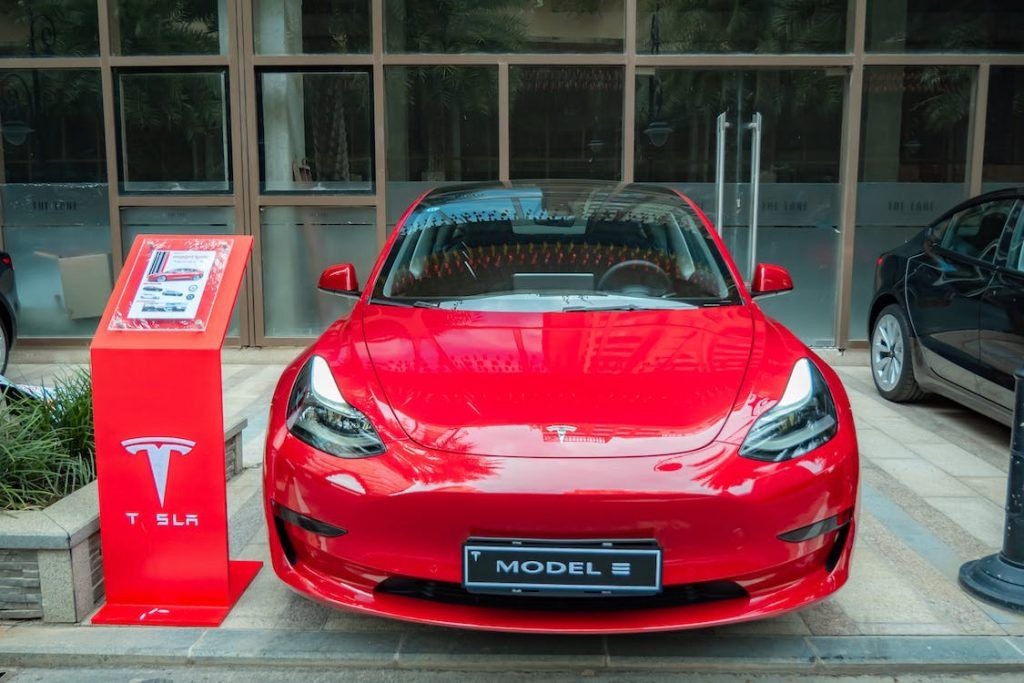Automotive companies such as Tesla and General Motors have invested in the mining sector as part of “the cold war of minerals,” noted Armando Ortega, senior vice president of Mexico Operations at Equinox Gold.
In 2022, Tesla closed a US$5 billion deal to source nickel from Indonesia.
The main source of competitive demand for nickel is the steel industry, both for steel alloys and stainless steel plating. Currently, supply is dominated by production in Indonesia, the Philippines and Russia.
In addition, nickel is a crucial component for rechargeable batteries, including those in electric vehicles, and for the world’s overall ecological transition.
Minerals cold war
“Tesla announced a major investment as a partner in a nickel-producing mining company, because what it needs is to secure its supply chain,” said Ortega, while participating in the XXX Mexican Foreign Trade Congress, organized by Comce.
In 2022, General Motors reached an agreement with Vale Canada to secure a long-term supply of nickel. Under the agreement, Vale will provide 25,000 tons per year of nickel sulfate for batteries. This supply will begin in the second half of 2026.
Subsequently, in February 2024, Canadian miner Nouveau Monde Graphite announced a multi-year agreement with a subsidiary of General Motors. In addition, the automaker will invest US$150 million in the mining company.
Under the agreement, Nouveau Monde will supply 18,000 tons per year of refined graphite to GM for six years. This supply will come from the second phase of its Becancour plant, once it reaches full production.
“That means breaking certain paradigms. It would be a lot to ask Nissan, here in Aguascalientes, and in Japan, at their corporate, how they are going to ensure their seamless supply chain without problems,” Ortega added.
Export controls
On August 1, 2023, China implemented export controls on gallium and germanium, as well as dozens of related products made from those metals.
More recently, as of September 15, China will limit exports of antimony and other derivatives on national security grounds.
A historical fact: Metals Reserve Company (MRC) was an entity created by the U.S. government during World War II to ensure an adequate supply of strategic and critical metals and minerals needed for the war effort.
During World War II, this company spent $2.75 billion (approximately $42.9 billion in constant FY2024 dollars) on the direct purchase of 50 “strategic and critical metals and minerals” from “51 countries, 39 states and the Philippines” to meet immediate wartime production requirements in the domestic industrial base.

